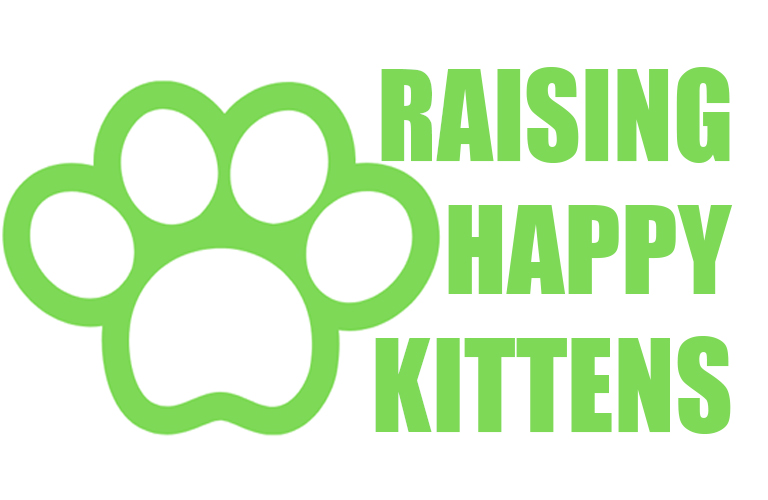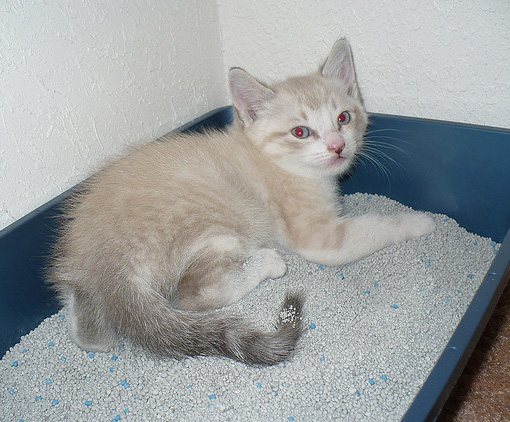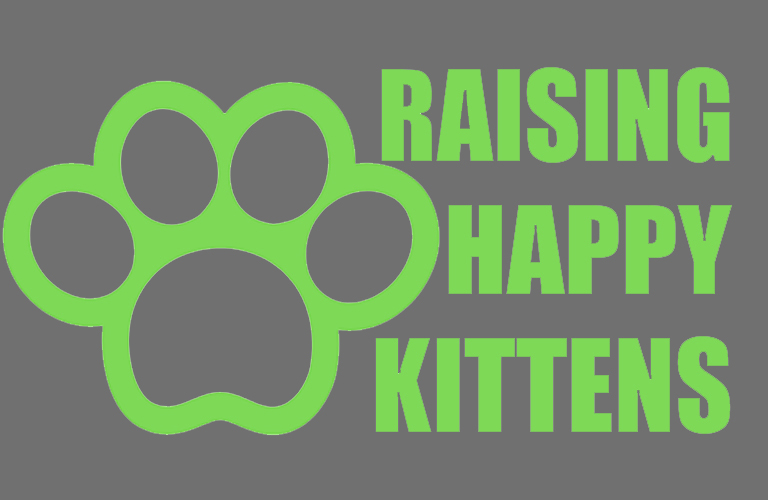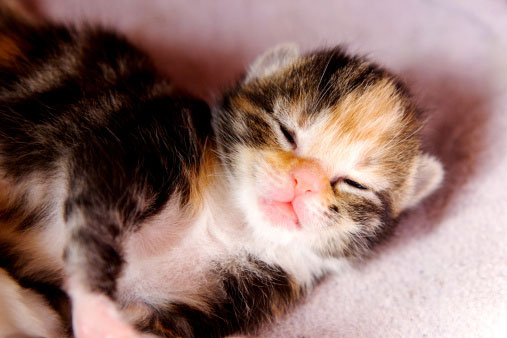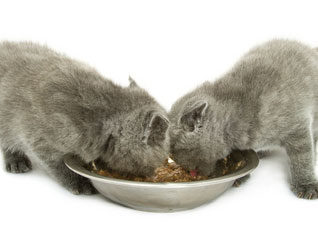When caring for orphaned kittens, it is crucial to attend to their needs immediately.
Generally speaking, the older the orphan kittens are, the better chance they have of survival.
Newborn to 3- or 4-week old orphaned kittens require feeding and help with urine and stool elimination about every 2 hours day and night!
If you are not able to provide this level of care, you must find help if you want these kittens to have any chance at life.
(If you need help determining the age of orphaned kittens, please see the illustrated kitten growth chart for reference.)
On the other hand, if you have found a litter of orphaned kittens that are walking around, have opened eyes and seem to be alert and aware of your presence, then they are probably old enough to regulate their body temperature on their own.
If they are between three and four weeks old, they will also probably be OK with being fed soft food since they are close to being weaned.
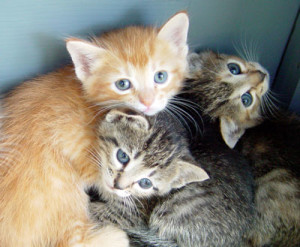 Regardless of their age, caring for orphaned kittens will require immediate attention.
Regardless of their age, caring for orphaned kittens will require immediate attention.
You have no way of knowing how long they have been on their own, so they need food, warmth, and possibly medical attention.
As mentioned, if you are caring for orphaned kittens that are older, they stand a better chance simply because their immune systems are stronger for having been with their mother for a longer time.
Newborn orphaned kittens however are completely helpless, and rely on their mother not just for food, but for warmth as well, since they are unable to control their own body temperature for the first several weeks.
If such young orphaned babies are found out in the elements, caring for them immediately is of the essence to help ensure their survival.
Remember, you can do your best but prepare yourself for a broken heart.
Many veterinarians will advise you that the caring choice is to have newborn orphaned kittens humanely put down, just because the mortality rate is very high and so is the time commitment.
How to Provide Urgent Care for Orphaned Kittens
Warm up a chilled kitten slowly by wrapping in a towel or shirt and hold closely against your body.
Bringing up his temperature may take an hour or so.
Do not speed up the process by applying a heating pad, as this will open up the kitten’s pores and he will actually dehydrate even more.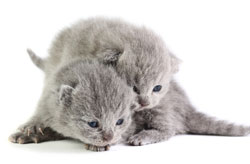
Do Not feed a chilled kitten.
As hungry as he may be, if he is fed while hypothermic (below healthy body temperature) cramping and diarrhea can result.
Bring his temperature up first, as described above.
When bringing him into your home, keep the room temperature at 85 degrees Fahrenheit.
For tiny newborn kittens, even a “comfortable” 70 degrees is enough to cause hypothermia.
As they grow, the temperature in the room can be brought down several degrees per week.
Incubation is needed to help newborns stay warm.
With no mother to snuggle against, orphaned kittens will need to be kept in a box with either a heat lamp above or a heating pad below.
The pad must be kept under the box (not right under their tender tummies.)
Whether you are using a lamp or pad, make sure there is an unheated section they can crawl to if they get too warm.
Multiple orphaned kittens found together, if they are very young (under 2 or 3 weeks old) will have to be segregated by creating dividers within the incubator.
You may think that being able to snuggle together would help them feel warm and happier, but there is a good reason to separate them–orphaned kittens will often suckle each others’ feet, tails, and genitals in the absence of a mother.
When they have been warmed thoroughly, it is time to try to feed the orphaned kittens. This page will provide age-specific guidelines to help give the poor little orphans the best chance at life.
